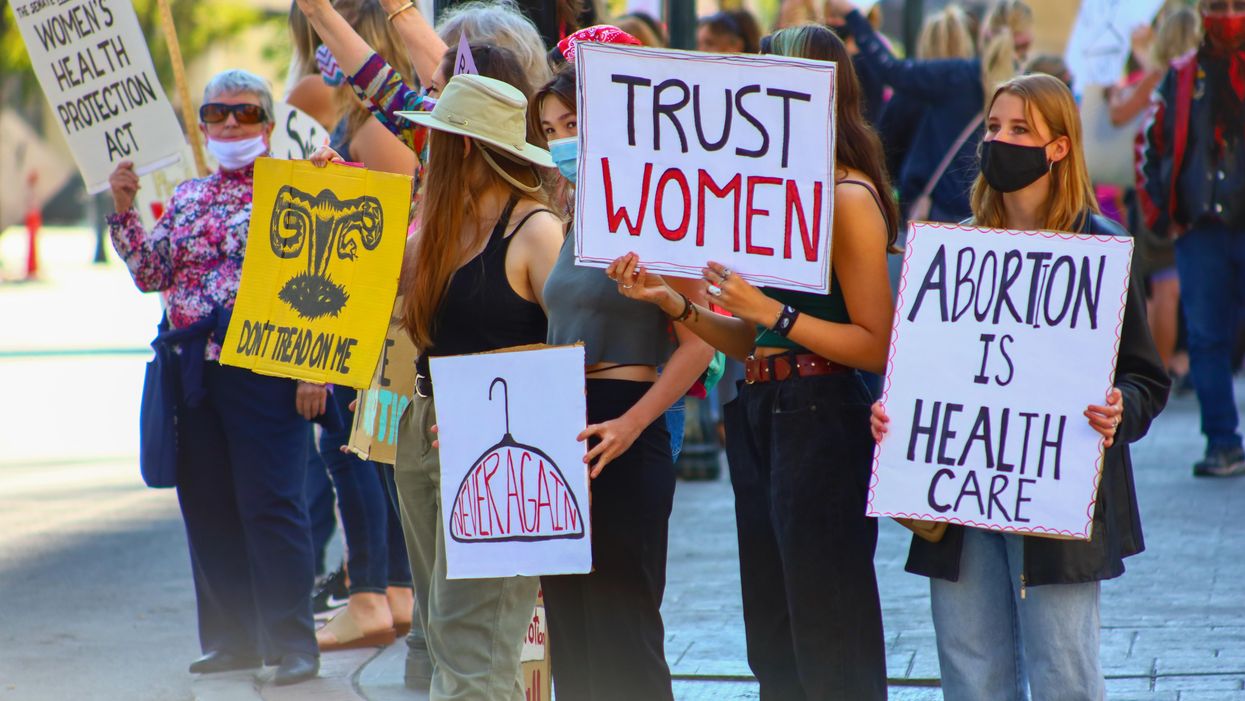Law professors anticipate major 'interstate and interjurisdictional conflicts' if Roe v. Wade is overturned

There are several giant holes in the arguments against Roe v. Wade
May 05, 2022 | 07:55AM ETBank
If the U.S. Supreme Court overturns Roe v. Wade — which seems almost certain in light of a leaked majority draft opinion by Justice Samuel Alito — it won’t be the end of legal abortion in the United States. But it will mean that abortion’s legality will be decided on a state-by-state basis. Texas residents may be seeking abortions in New Mexico and Colorado; abortion may be legal in Illinois but illegal in Indiana, and Philadelphia residents may be heading to New Jersey or Maryland for abortions if Pennsylvania elects an anti-abortion governor.
In an article published by Politico on May 5, three law professors from Pennsylvania — Rachel Rebouché of Temple University in Philadelphia, Greer Donley of the University of Pittsburgh and David S. Cohen of Philly’s Drexel University — tackle some of the legal complications that are likely to arise if Roe is overturned. The fact that all of them are from Pennsylvania is not unimportant, as Pennsylvania is very much a swing state — and the outcome of its 2022 gubernatorial race could determine whether or not it maintains abortion rights in a post-Roe America.
Pennsylvania, in fact, could become one of the country’s most intense battlegrounds since it is such a swing state. But as Rebouché, Donley and Cohen explain in their article, the end of Roe could set off some major “interjurisdictional” battles.
“The anti-abortion movement’s ultimate goal is to end abortion nationwide,” the law professors note. “To that end, some anti-abortion legislators and prosecutors will try to legislate beyond their borders to chill abortion everywhere. In response, abortion rights legislators will attempt to make their states abortion havens.”
Rebouché, Donley and Cohen note that if Roe is overturned, “anti-abortion legislators, prosecutors and advocates” may be “reaching outside state borders to limit travel or punish out-of-state providers who provide abortion for their citizens.”
In Missouri, State Rep. Mary Elizabeth Coleman, a far-right anti-abortion Republican, proposed an amendment that would allow abortion opponents to sue anyone who helps a woman obtain an abortion in another state.
“Most of us assume that if we travel out of state, we must follow the laws of wherever we are and that the laws of our home state do not apply,” Rebouché, Donley and Cohen observe. “Think of gambling in Las Vegas before it was widely legal elsewhere — people traveled there without even a thought that their home state, where gambling was illegal, would punish them when they returned from Nevada. However, there is no settled law that clearly reflects this understanding.”
The law professors continue, “Though there are strong arguments that various parts of the Constitution — including the Due Process Clause, the Privileges or Immunities Clause, the Citizenship Clause and the Dormant Commerce Clause — prohibit states from exercising their jurisdiction beyond their borders, the precedent on these points is not well developed. This lack of precedent is easily manipulable by anti-abortion judges and justices to uphold state efforts to limit abortion travel or prosecute out-of-state providers.”
Another jurisdictional question likely to arise in a post-Roe America, according to the law professors, is: “What about abortion by mail?”
“Historically, states have controlled abortion by controlling the providers who performed abortion procedures,” Rebouché, Donley and Cohen point out. “But medication abortion — the two-drug regimen that the FDA has approved to end a pregnancy in the first 10 weeks — is now available by mail. People who live in a state where abortion is illegal can buy abortion pills online, either on their own or with the help of international providers. And patients have found ways to obtain abortion pills via telehealth even when they live in states that forbid the practice by using mail forwarding or giving the address of a friend or family member who can forward the medication to them.”
Rebouché, Donley and Cohen expect to see pro-abortion states and anti-abortion states engaging in some explosive legal battles in the years ahead.
“The interstate and interjurisdictional conflicts on the horizon will test fundamental assumptions about the reach of state and federal power,” according to the law professors. “If Roe is overturned, as is looking very likely, the draft opinion’s approach of returning this issue to the states could create more interjurisdictional battles than ever before, which is likely to only intensify the political conflict over abortion rights.”